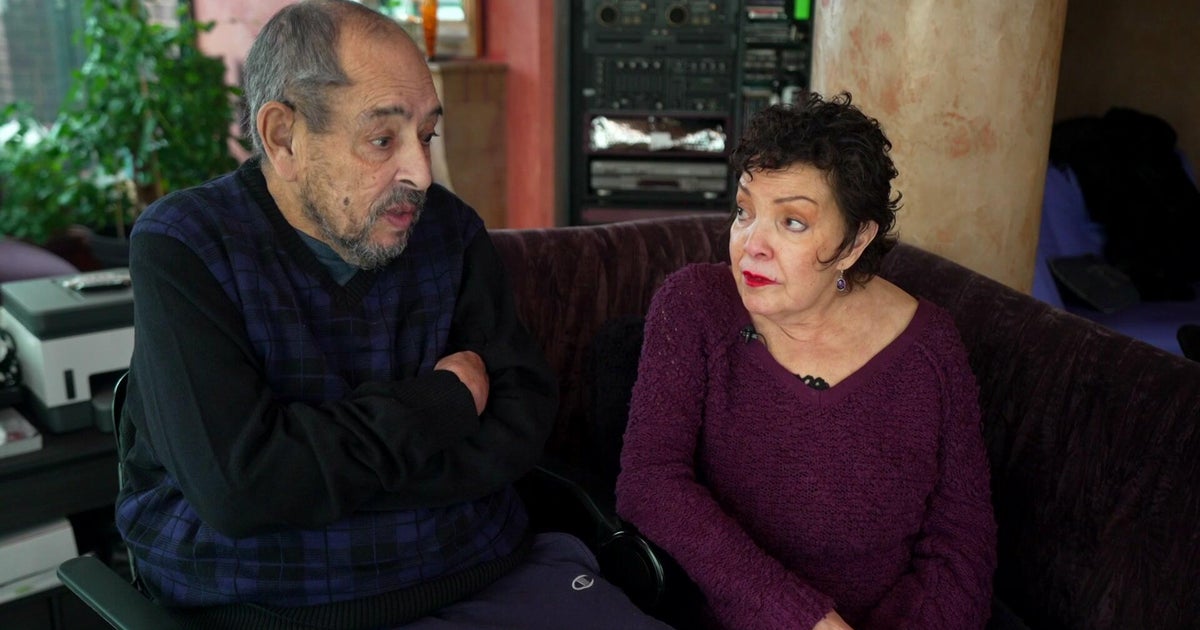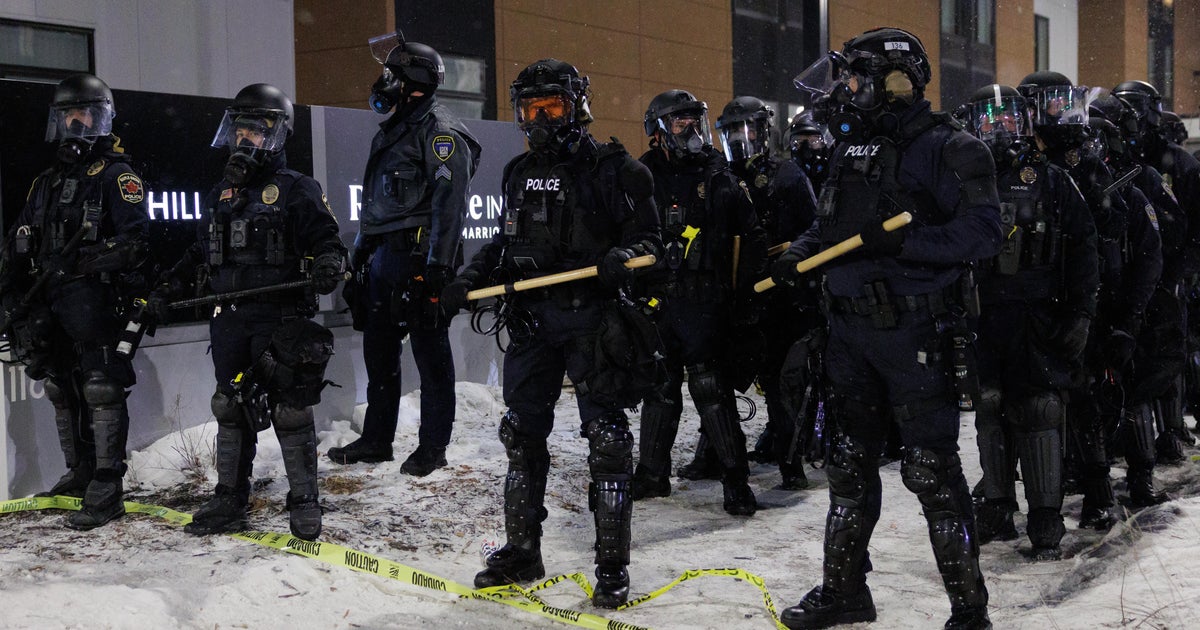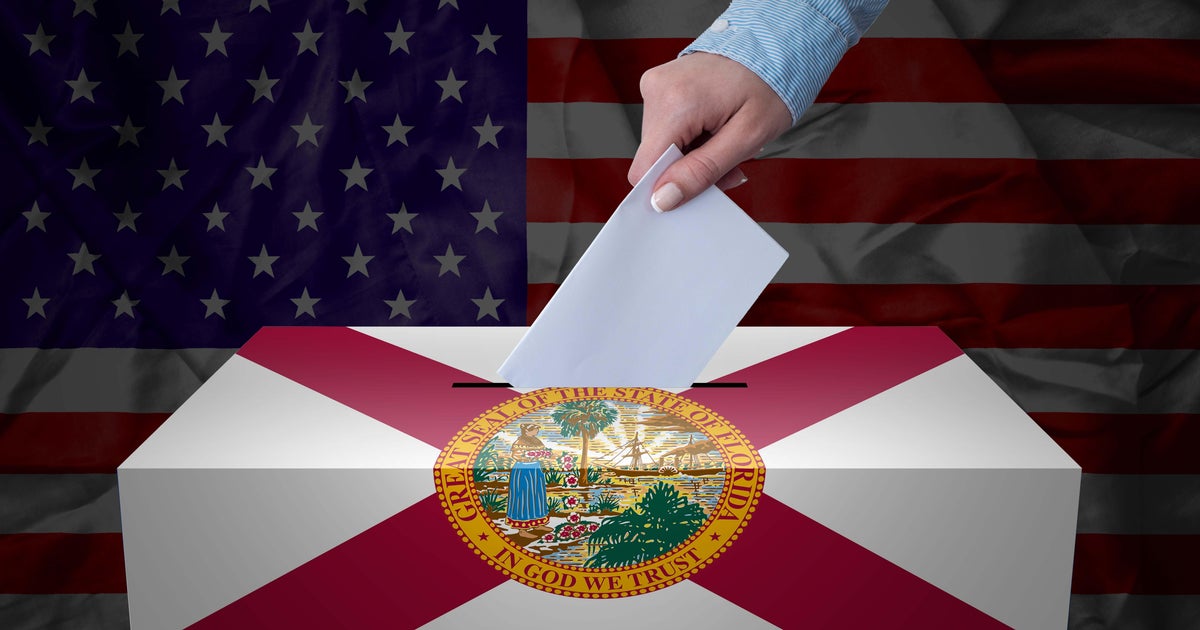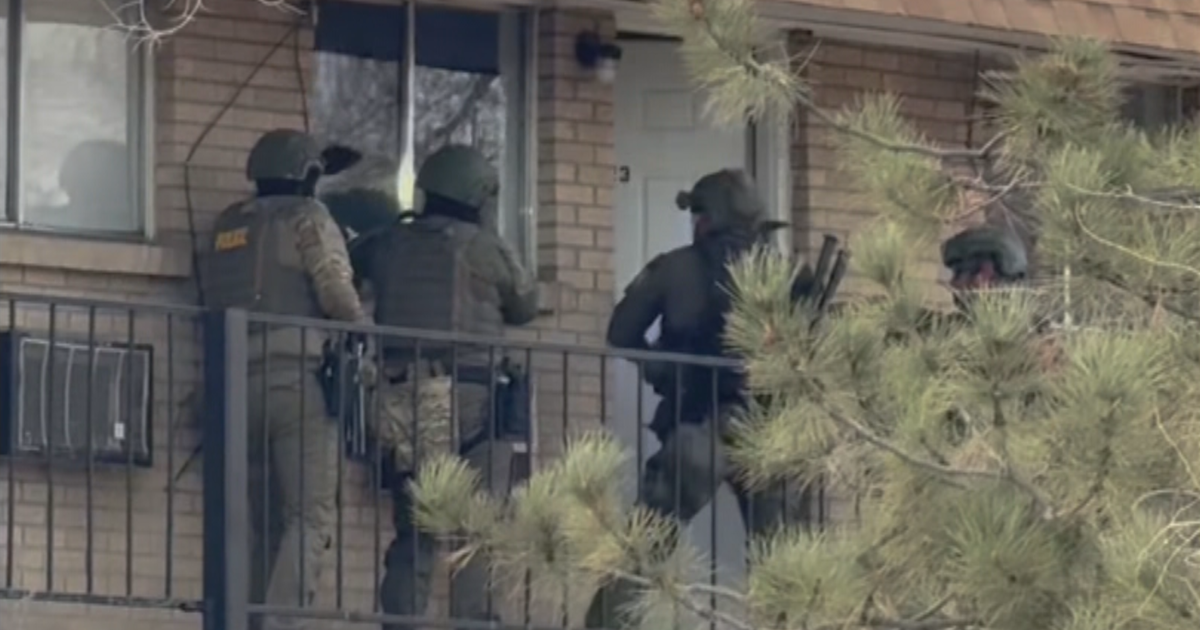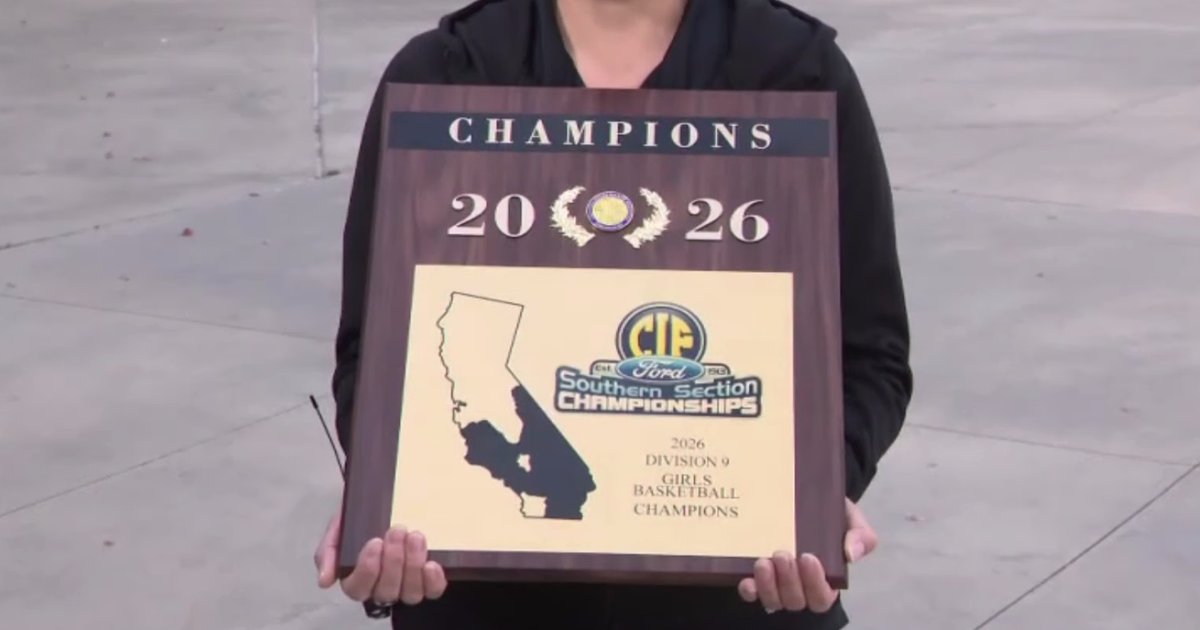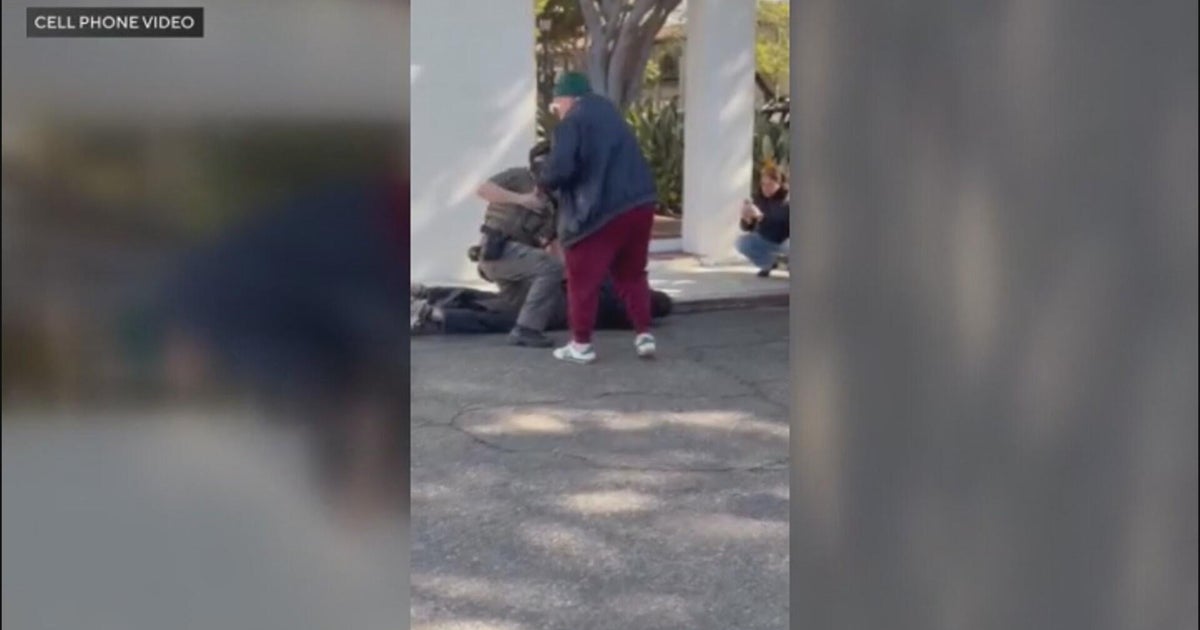Federal judge denies Mike Lindell's request to access search warrant materials, return seized cell phone
MINNEAPOLIS -- A federal judge has denied Mike Lindell's motion to obtain a search warrant application, and the return of his cell phone, which was seized while he was sitting at the drive-thru window of a Hardee's in Mankato in September.
Lindell sued U.S. Attorney General Merrick Garland and Director of the FBI Christopher Wray after agents took his phone on Sept. 13.
He alleged that agents had "no authority to detain and question [him] against his will" and that his First Amendment rights were violated because "of his efforts to inform the public about alleged fraud and alleged irregularities he believes occurred in order to bring an end to the dependence on computerized voting and tabulating machines in elections."
Lindell is a supporter of Donald Trump and has pushed the former president's false claims that the 2020 election was stolen. He was served a federal subpoena, and according to Lindell, at least four FBI agents approached him as he was ordering food at the Hardee's.
Lindell said the subpoena specifically sought his phone and referenced any records on the device related to Dominion Voting Systems, a voting machine company that has sued Lindell and others for defamation.
On Thursday, a federal judge denied two of Lindell's motions: one to access the search warrant's application materials, and another which sought a preliminary injunction that would require the government to return his cell phone and not use any information that was retrieved from it.
Judge Eric Tostrud denied access to the warrant materials because the government "has demonstrated a compelling interest in the ongoing criminal investigation that outweighs [Lindell's] right to access."
Tostrud said the 80-page search warrant affidavit details the "nature, scope, and direction" of the investigation, including information obtained from recorded communications and confidential informants. Restricting access to the warrant materials would protect the government's ongoing investigation, he wrote.
Concerning the motion to return the phone, the filing says that a preliminary injunction is an "extraordinary remedy," and Lindell could not lawfully justify the merit of its return.
Dominion and Smartmatic, two companies that produce electronic voting machines, are suing Lindell for defamation; his own countersuits against them have been dismissed, as have dozens of other claims of alleged election fraud across the country.
